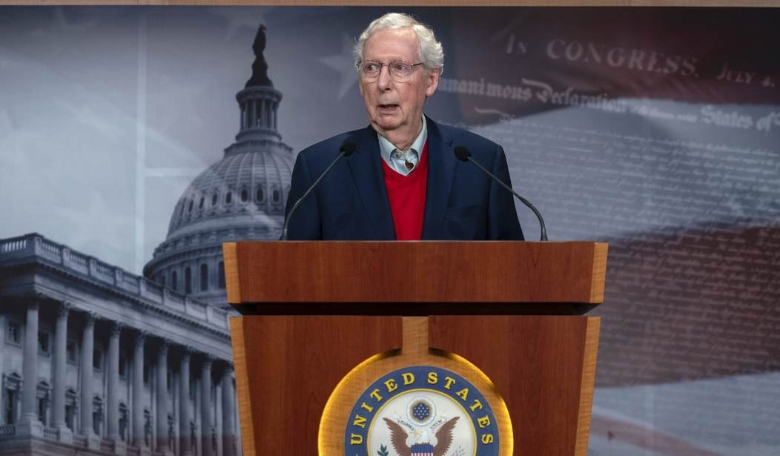The parents of Thomas Matthew Crooks, the 20 year old who attempted to assassinate former President Donald Trump, contacted the police just hours before the incident, expressing concern about their son’s mental state and potential for violence.
This revelation raises critical questions about law enforcement’s ability to act on such warnings and prevent tragedies.

Parental Warning Ignored
According to Fox News, Crooks’ parents called the police after noticing alarming behavior from their son. They reported that he had become increasingly agitated and had made several disturbing statements about Trump.
Despite this warning, law enforcement did not take immediate action, which allowed Crooks to carry out his plan later that day .
The police were reportedly aware of Crooks’ history of mental health issues and his strong political opinions, which had become more extreme in recent months.
This information, coupled with the urgent warning from his parents, should have prompted a more proactive response from authorities. However, it appears that the seriousness of the threat was underestimated.
Conservative Criticism of Law Enforcement Response
The failure to act on the warning from Crooks’ parents has drawn sharp criticism from conservative commentators. Many argue that this incident is indicative of a broader pattern of negligence when it comes to protecting conservative figures.
There is a perception that threats against individuals on the right are not taken as seriously as those against left-leaning figures.
According to NBC News, the Secret Service identified the rooftop next to Trump’s Butler, Pennsylvania event as a security vulnerability days before the rally, but no agent was positioned on the roof of the building.
The agents failed to secure the building so a man with a rifle was able to climb up to the roof, position his scope, and fire several shots at President Trump from an elevated position.
This criticism aligns with a conservative perspective that views the media and certain law enforcement agencies as biased against right-wing individuals.
The swift apprehension of Crooks by the Secret Service, however, demonstrates that at least some aspects of the security apparatus are functioning as intended.
Mental Health and Political Extremism
Crooks’ case also brings attention to the intersection of mental health and political extremism.

His parents’ concerns about his deteriorating mental state were well-founded, yet their attempts to seek help were ultimately unsuccessful. This points to a potential gap in mental health services and the need for better mechanisms to address such crises.
There is also the question of how political rhetoric can influence individuals with mental health issues.
Crooks’ radicalization and subsequent actions raise concerns about the impact of extreme political discourse on vulnerable individuals. This incident serves as a reminder of the potential consequences of inflammatory rhetoric and the importance of responsible public discourse.
Moving Forward
In the aftermath of this incident, there are calls for a thorough investigation into why the police did not respond more effectively to the warning from Crooks’ parents. Law enforcement agencies need to review their threat assessment protocols and ensure that they are adequately prepared to handle such situations in the future.
Additionally, this case highlights the need for improved mental health services and better communication between families and law enforcement. Ensuring that individuals who pose a threat to themselves or others receive the help they need is crucial in preventing future tragedies.
Conclusion
The attempted assassination of former President Donald Trump by Crooks is a stark reminder of the ongoing threats faced by public figures. The failure to act on the warning from Crooks’ parents raises serious questions about the effectiveness of current threat assessment protocols.
As this case continues to unfold, it is essential to address these shortcomings to ensure that similar incidents can be prevented in the future.
